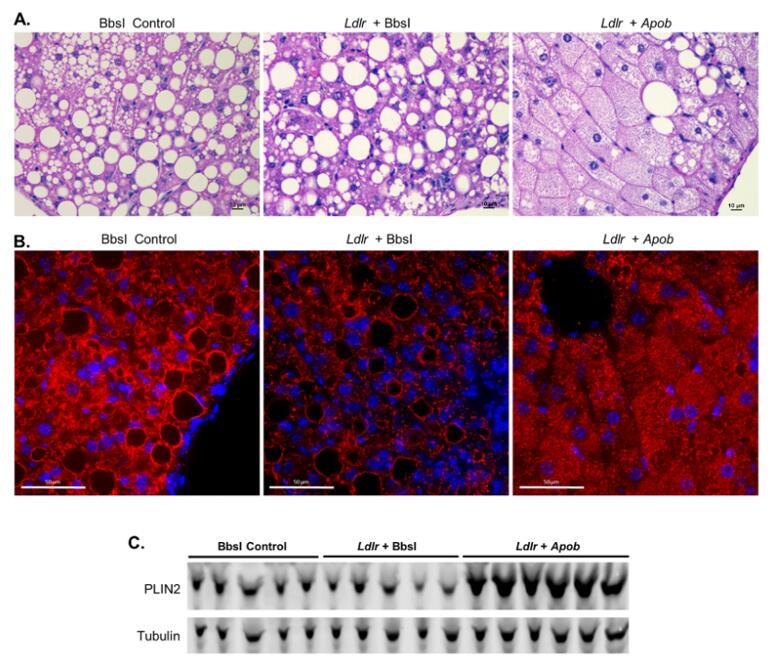
Our promise to you:
Guaranteed product quality, expert customer support.
 24x7 CUSTOMER SERVICE
24x7 CUSTOMER SERVICE
 CONTACT US TO ORDER
CONTACT US TO ORDER
CRISPR Mouse for Metabolic Disease Modeling 
Metabolic syndrome is characterized by obesity accompanied by other metabolic abnormalities such as hypertriglyceridemia, reduced HDL levels, elevated blood pressure, and elevated fasting glucose levels. Metabolic diseases constitute a public health problem worldwide due to their increasing prevalence, and therefore the development of animal models of metabolic diseases is imperative. Genetically engineered mice are common model organisms for the study of metabolic diseases and have been invaluable in improving our understanding of many human diseases.
The creation of single nucleotide polymorphism (SNP) animal models of human diseases by CRISPR/Cas9 genome editing has now become routine in rodents. For example, studies have shown that AAV-CRISPR can be used to effectively disrupt metabolic genes (Ldlr) in mouse liver, leading to hypercholesterolemia and atherosclerosis. Somatic genome editing using AAV-CRISPR is a novel and versatile approach to model metabolic diseases, and this approach will provide valuable information for the optimal design of genome editing vectors for human gene therapy.
 Fig. 1 Concomitant disruption of Ldlr and Apob results in microvesicular steatosis. (Jarrett KE, et al., 2017)
Fig. 1 Concomitant disruption of Ldlr and Apob results in microvesicular steatosis. (Jarrett KE, et al., 2017)
Solution
CRISPR/Cas9 PlatformCB is the world's leading gene editing biotechnology company dedicated to providing the most professional and comprehensive gene editing technology solutions to our customers. We offer mouse models that simulate hypercholesterolemia and atherosclerosis, as well as services to test new genes in adult mice through somatic cell gene editing. We deliver CRISPR/Cas9 genome editing systems to the liver using adeno-associated virus vectors to rapidly and efficiently edit lipid and atherosclerosis-related genes in the liver.
In addition, we can provide preclinical mouse models corrected by in vivo genome editing. We can correct mutations in models of hemophilia B, hereditary tyrosinemia type I, ornithine transcarbamylase deficiency, and lysosomal storage disorders by combining site-specific nucleic acid endonucleases with delivery vectors designed for the disease tissue.
What Can We Help You?
- Providing fundamental insights for lipid and atherosclerosis research
- Studying the pathophysiological basis of the metabolic syndrome
- Studying how metabolic syndrome increases the risk of other diseases
- Determining the impact of individual genes on the metabolic syndrome through the development of transgenes or knockouts
- Functional insight into human genetics and development of potential new therapies
Related Services
- Conditional Knockout Mouse
- Conventional Knockout Mouse
- Point Mutation Mouse
- CRISPR/Cas9 Knockin Mouse
- Rosa26 Knockin Mouse
Related Products
CRISPR/Cas9 PlatformCB provides knockout and knock-in mouse generation services, and we offer custom CRISPR/Cas9 gene editing animal model services from strategy design to F1 animals. With years of experience and expertise, our staff will provide you with a reliable case strategy after analyzing the situation. We will work closely with you to design and deliver genetically engineered mouse models according to your specific specifications.
Reference:
- Jarrett KE, et al. Somatic genome editing with CRISPR/Cas9 generates and corrects a metabolic disease. Sci Rep. 2017, 7:44624.